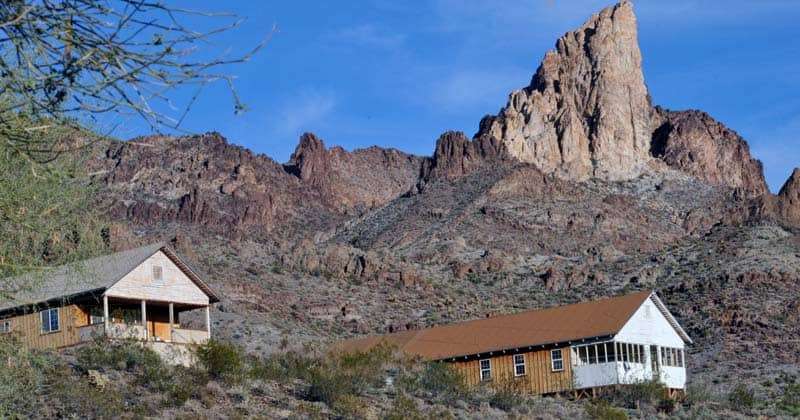If you’re considering off-grid living in Nevada, it’s important to be aware of the legal limitations and challenges that may arise. Nevada, known as the driest state in the US with the highest elevation, offers unique opportunities for those seeking a self-sufficient lifestyle. However, while living off-grid is legal, there are certain restrictions you need to navigate. One of the main challenges is the legality surrounding rainwater harvesting, which means water availability can be a struggle. Additionally, the semi-arid climate, limited options for crop growth, high crime rate, and the potential for natural disasters pose further obstacles. Yet, despite these challenges, areas such as Esmeralda County, Nye County, and Pershing County remain popular for off-grid living in Nevada.
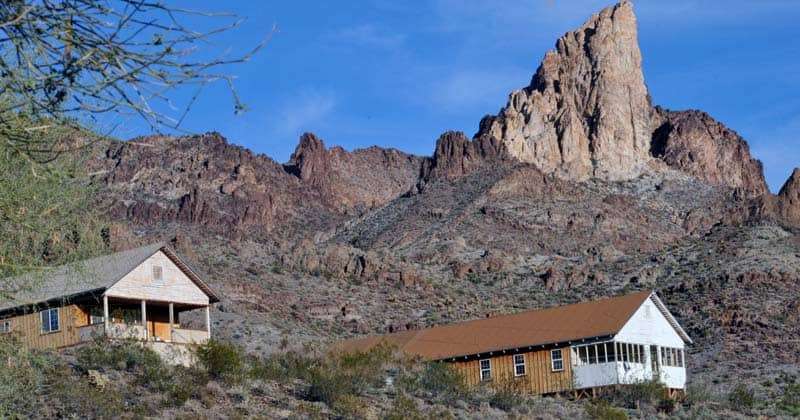
Legal Limitations
Harvesting Rainwater
When it comes to off-grid living in Nevada, one major legal limitation is the prohibition on harvesting rainwater. Unfortunately, this means that you cannot collect and utilize rainwater for various purposes such as watering your garden or supplying your household needs. This restriction poses a significant challenge for off-grid dwellers who rely on sustainable and self-sufficient water sources.
Water Availability
Another obstacle for off-grid living in Nevada is the limited availability of water. As the driest state in the US, Nevada faces unique water scarcity issues. Without being able to rely on rainwater harvesting, off-grid residents must explore alternative sources of water. This may involve drilling a well or accessing water delivery services, both of which can be costly and unsustainable in the long run.
Building Codes
Navigating building codes is a critical aspect of off-grid living in Nevada. While it is legal to live off-grid in this state, there are still regulations that must be followed, especially regarding the construction and safety standards of your dwelling. It is essential to research and understand the specific requirements and obtain the necessary permits and inspections before embarking on your off-grid living journey.
Zoning Laws
Zoning laws can also present challenges for off-grid living in Nevada. These laws dictate how land can be used and often prioritize traditional utility-connected dwellings. It is crucial to ensure that the area you plan to settle in is zoned for off-grid living or has minimal zoning restrictions that allow for alternative lifestyles.
Property Taxes
Living off the grid may bring its share of advantages, but it also comes with property tax implications. Property tax is typically based on the assessed value of your property, which can be a complex process for off-grid homes. It is important to understand the potential implications and explore any tax exemptions or benefits available to off-grid residents.
Challenges
Water Scarcity
Nevada’s water scarcity is a significant challenge for off-grid dwellers. With its scarcity, relying solely on conventional water sources may not be a sustainable option. Off-grid residents must explore alternative water sources such as drilling wells or using water delivery services. Additionally, practicing water conservation techniques becomes even more crucial in order to stretch available water supplies.
Extreme Climate
Nevada’s semi-arid climate presents unique challenges for off-grid living. The state experiences hot and dry summers, which can strain energy and cooling systems. On the other hand, the cold winters require appropriate heating solutions to ensure comfort and safety. Exploring energy-efficient options and insulation techniques becomes essential to cope with the extremes of Nevada’s weather conditions.
Limited Crop Options
Due to Nevada’s arid climate and limited land availability, growing crops can be a significant challenge for off-grid residents. The state’s climate and terrain are not conducive to traditional farming methods, making it necessary to explore alternative gardening techniques. This may involve using raised beds, container gardening, or even participating in community gardens that provide access to shared agricultural spaces.
High Crime Rate
Nevada’s high crime rate poses security challenges for off-grid dwellers. Much of this crime can be attributed to the influence of the gambling industry in certain areas. However, taking appropriate safety measures and actively participating in community support systems can help mitigate these concerns. Additionally, investing in security systems can provide peace of mind and ensure the safety of your off-grid property.
Natural Disasters
Nevada is prone to various natural disasters, including floods, heatwaves, storms, earthquakes, and wildfires. Being prepared for such events is crucial for off-grid residents. Developing a comprehensive disaster preparedness plan, including evacuation routes, emergency supplies, and communication strategies, is essential to ensure the safety and well-being of both you and your off-grid community.
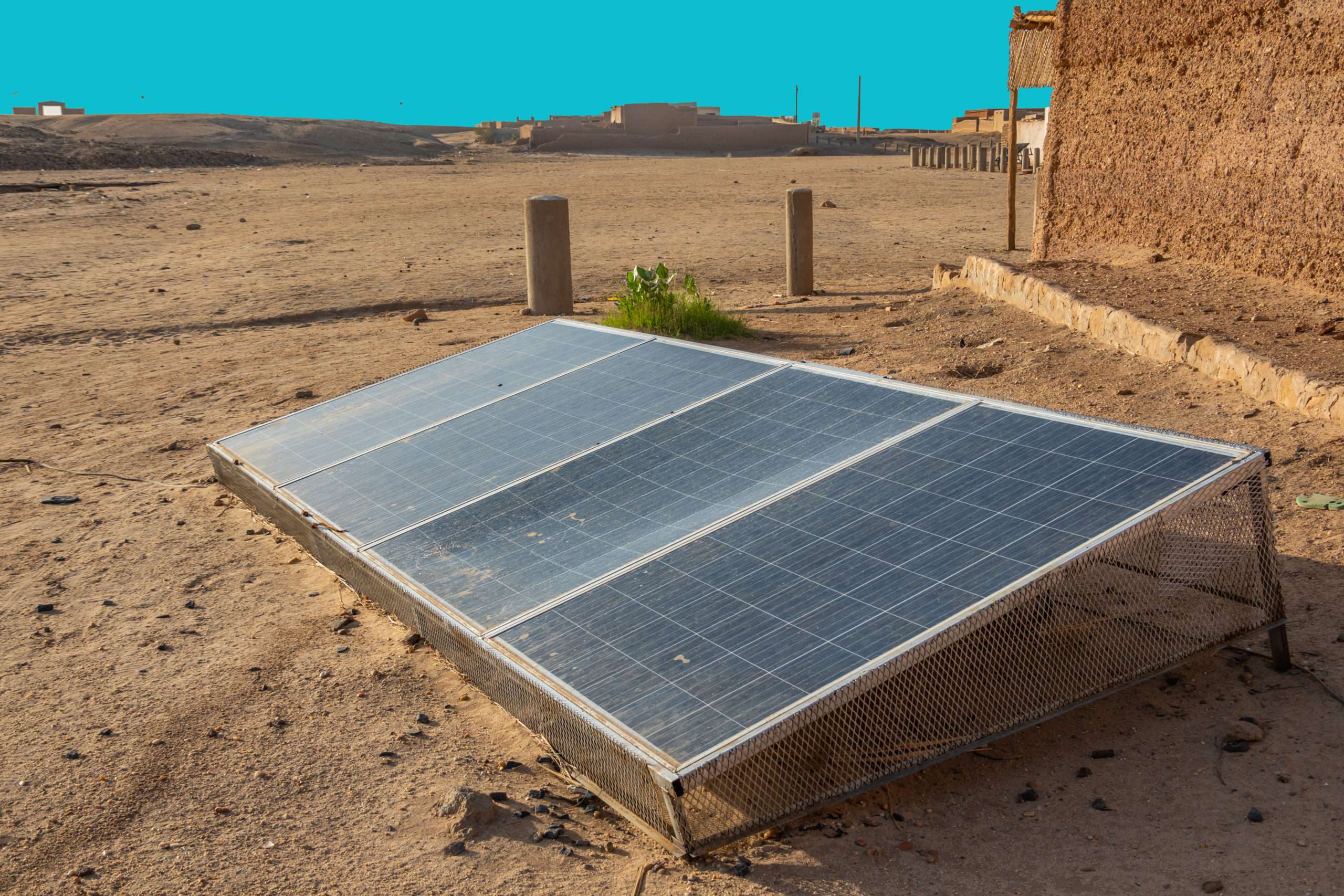
Water Scarcity
Driest State in the US
As the driest state in the US, Nevada faces unique water scarcity challenges. With limited rainfall, off-grid dwellers must find innovative ways to meet their water needs. This may involve drilling wells, utilizing water delivery services, or exploring alternative water sources such as underground springs or water catchment systems.
Lack of Rainfall
Nevada’s lack of rainfall further exacerbates the water scarcity issue. Without the ability to harness rainwater, off-grid residents must rely on other sources, such as underground water reserves or trucked-in water. However, both of these alternatives come with their own challenges, including cost, sustainability, and availability.
Alternative Water Sources
To address the water scarcity challenge, off-grid dwellers in Nevada often turn to alternative water sources. This may involve drilling a well on their property to access groundwater reserves. However, drilling a well can be a costly endeavor and is not always a guarantee of a sustainable water supply. Another option is partnering with local water delivery services, but this also comes with costs and potential limitations.
Water Conservation Practices
Given the scarcity of water in Nevada, practicing water conservation becomes even more critical for off-grid residents. Implementing water-saving techniques such as low-flow fixtures, efficient irrigation systems, and capturing and reusing graywater can help stretch available water supplies. Additionally, utilizing drought-tolerant landscaping and cultivating native plants can reduce the demand for water in gardening and landscaping activities.
Extreme Climate
Semi-Arid Climate
Nevada’s semi-arid climate means that off-grid residents must contend with hot and dry summers and cold winters. These extreme climate conditions pose challenges for energy consumption and maintaining comfortable living conditions. Off-grid dwellers need to consider appropriate insulation, efficient cooling systems, and reliable heating solutions to ensure comfort throughout the year.
Hot and Dry Summers
Nevada’s hot and dry summers can take a toll on energy and cooling systems. Off-grid residents need to explore energy-efficient options, such as solar-powered air conditioning or evaporative cooling, to combat the high temperatures. Properly insulating living spaces and using shading techniques can also help reduce the cooling load and enhance energy efficiency.
Cold Winters
Nevada’s cold winters require careful planning to ensure adequate heating and insulation. Off-grid dwellers may opt for alternative heating methods like wood or pellet stoves, solar-powered heaters, or passive solar design principles that optimize the use of natural heat sources. Insulating the walls, floors, and roofs effectively is crucial to retain heat and minimize energy consumption during the winter months.
Impact on Energy and Cooling Systems
The extreme climate in Nevada directly impacts energy consumption and cooling systems. Heating and cooling needs may vary significantly depending on the season, requiring off-grid residents to be resourceful and adapt to changing weather conditions. Implementing energy-efficient practices and systems can help mitigate the impact of climate extremes on energy usage and reduce the strain on off-grid power sources.
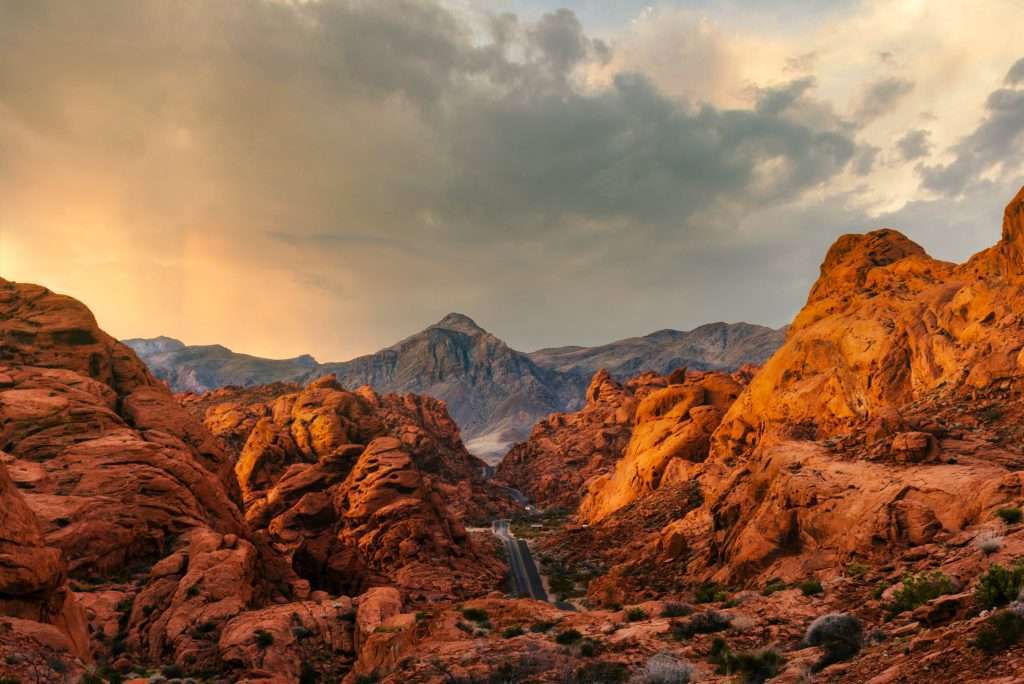
Limited Crop Options
Arid Climate Challenges
Nevada’s arid climate presents unique challenges for off-grid residents trying to cultivate crops. Limited water availability, high temperatures, and arid soil conditions make traditional farming methods impractical. To overcome these challenges, off-grid dwellers must explore alternative gardening techniques that are specifically tailored to Nevada’s arid climate.
Land Availability
Another challenge for off-grid residents looking to grow crops in Nevada is the limited availability of land. The state’s terrain and arid conditions make it difficult to find suitable areas for traditional farming. However, exploring creative solutions such as utilizing small garden spaces, rooftop gardens, or participating in community gardens can help overcome this limitation and provide opportunities for cultivating crops.
Alternative Gardening Techniques
To address the limited crop options in Nevada, off-grid residents can explore alternative gardening techniques that are well-suited for arid climates. Raised beds, container gardening, hydroponics, or aquaponics systems are effective methods that can maximize water efficiency and create optimal growing conditions. Using shade structures and windbreaks can also help protect plants from the intense desert sun and wind.
Community Gardens
Participating in community gardens is an excellent way for off-grid residents in Nevada to overcome limited crop options. Community gardens provide access to shared agricultural spaces, allowing individuals to grow their own food and foster a sense of community. By pooling resources, knowledge, and experiences, off-grid dwellers can thrive and support sustainable agriculture in an otherwise challenging environment.
High Crime Rate
Gambling Industry Influence
Nevada’s high crime rate is significantly affected by the presence of the gambling industry in certain areas. The allure of casinos and the associated vices can lead to increased crime rates and challenges for off-grid residents. Understanding the dynamics of the local community and the influence of the gambling industry is crucial in ensuring personal safety and the security of off-grid properties.
Safety Measures
Off-grid residents in Nevada must adopt appropriate safety measures to mitigate the risks associated with the high crime rate. This may involve installing security systems, such as surveillance cameras or alarm systems, to deter potential intruders. Additionally, implementing physical security measures like reinforced doors and windows and practicing good personal safety habits can help protect both individuals and their off-grid properties.
Community Support
Building a strong support network within the off-grid community is essential for addressing security challenges. Engaging with other off-grid residents, attending local community events, and participating in neighborhood watch programs can foster a sense of solidarity and create a safer environment. By actively supporting one another, off-grid dwellers can create a tight-knit community that helps ensure the safety and well-being of all its members.
Security Systems
Investing in reliable security systems is vital for off-grid residents in Nevada. These systems act as a deterrent to potential intruders and provide a sense of security for both individuals and their properties. Surveillance cameras, motion sensors, and alarm systems can help monitor and protect off-grid dwellings, giving residents peace of mind and allowing them to focus on enjoying their self-sufficient lifestyle.
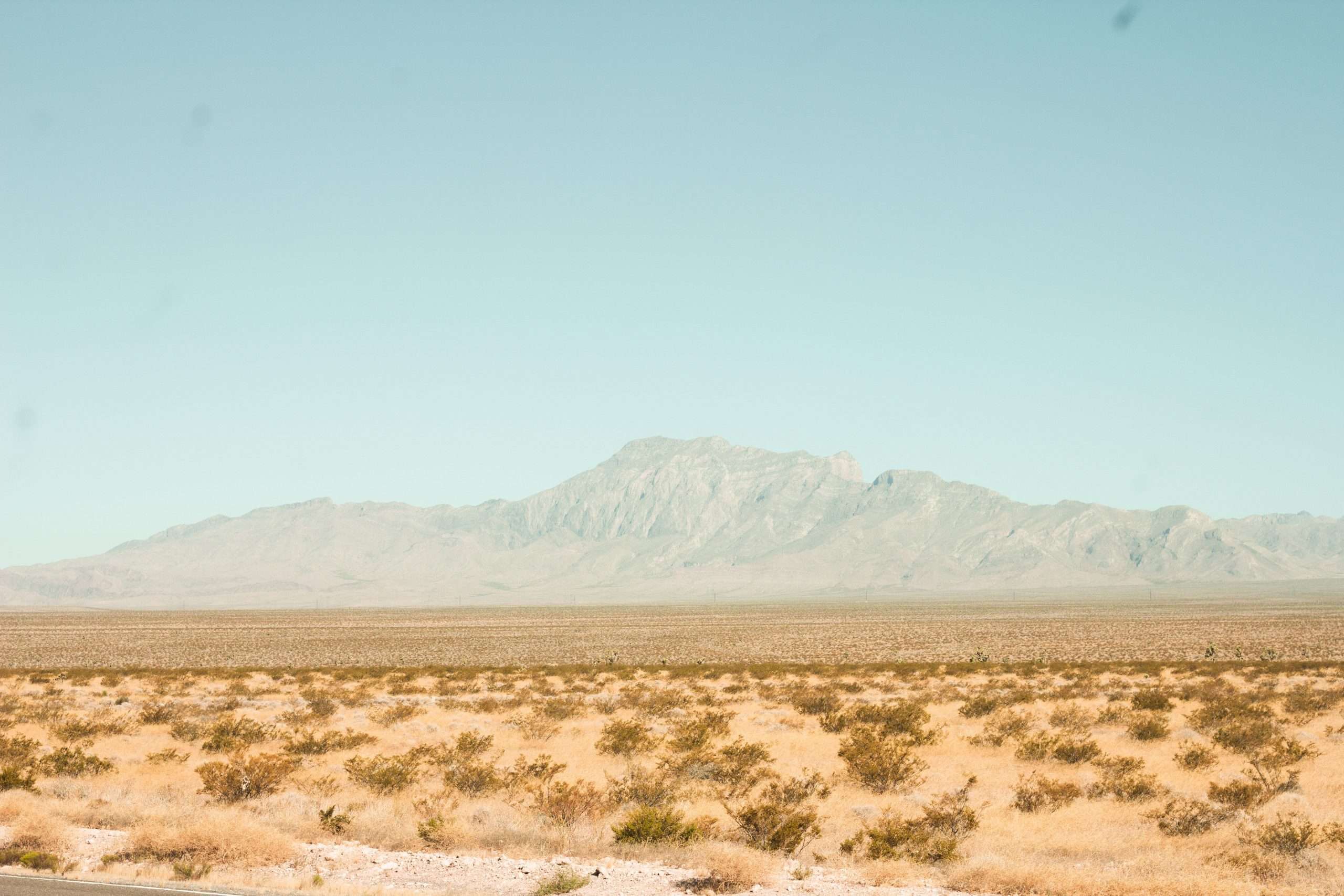
Natural Disasters
Floods
Nevada is not immune to the risk of floods, particularly in low-lying areas and near rivers or streams. Being prepared for potential flooding events is essential for off-grid residents. Understanding flood zones, developing emergency response plans, and ensuring proper drainage and elevation of living spaces can help mitigate the impact of floods and minimize property damage.
Heatwaves
Heatwaves are a common occurrence in Nevada, and off-grid residents must be prepared to cope with the extreme temperatures. Ensuring adequate shading, utilizing cooling techniques such as evaporative cooling, and regularly monitoring and hydrating oneself during heatwaves are crucial for staying safe and comfortable. Additionally, having a backup power source to run cooling systems becomes essential during prolonged periods of extreme heat.
Storms
Nevada experiences severe storms, including thunderstorms and dust storms, which can pose threats to off-grid dwellers. Planning for storms involves securing loose outdoor items, reinforcing structures to withstand strong winds, and having emergency supplies readily available. Staying informed about weather conditions and having a reliable communication system in place are key to ensuring safety during storm events.
Earthquakes
Nevada is located in an earthquake-prone region, and off-grid residents must be prepared for these natural events. Securing furniture and heavy items, strengthening structures, and identifying safe spots within the dwelling are essential steps in earthquake preparedness. Regularly practicing earthquake drills and having emergency supplies and communication devices readily available is crucial for navigating and recovering from earthquakes.
Wildfires
Wildfires are a significant concern in Nevada, especially in areas with dry vegetation. Off-grid residents must be proactive in wildfire prevention efforts, such as clearing dry vegetation around their property and creating defensible spaces. Developing an evacuation plan, maintaining contact with local authorities, and having fire-resistant materials and equipment can help protect both lives and property during wildfire events.
Disaster Preparedness
Being prepared for natural disasters is paramount for off-grid living in Nevada. Off-grid residents should develop comprehensive disaster preparedness plans that include evacuation routes, emergency supply stockpiling, and communication strategies. Staying informed about potential risks, regularly reviewing and updating plans, and participating in community disaster preparedness initiatives are crucial for navigating natural disasters safely and effectively.
Off-Grid Living Areas
Esmeralda County
Esmeralda County is one of the popular areas for off-grid living in Nevada. Known for its remote and rugged landscapes, this county provides opportunities for individuals seeking solitude and self-sufficiency. Its vast open spaces and low population density make it an ideal location for those who value privacy and a connection with nature.
Nye County
Nye County is another attractive area for off-grid living in Nevada. It offers a diverse range of landscapes, including deserts, mountains, and forests. This variety allows residents to choose the environment that best suits their off-grid lifestyle, whether it be remote desert living or mountain seclusion. Additionally, Nye County has minimal zoning restrictions, making it more favorable for alternative housing options.
Pershing County
Pershing County is a rural area in Nevada that appeals to off-grid dwellers looking for a simpler way of life. Its expansive landscapes and low population density offer the opportunity to live in harmony with nature while still remaining reasonably close to essential amenities. Pershing County’s favorable zoning regulations for off-grid living make it an attractive option for those seeking a more sustainable and independent lifestyle.
Proximity to Amenities
While off-grid living often entails a certain level of seclusion, being in close proximity to amenities is still important. Access to grocery stores, medical facilities, and other essential services is crucial for a sustainable off-grid lifestyle. When considering off-grid living areas in Nevada, it is important to strike a balance between remote locations and reasonable access to necessary amenities.
Community Infrastructure
Choosing an off-grid living area with established community infrastructure can greatly enhance the off-grid experience. Access to community resources, such as shared agricultural spaces, educational programs, and support networks, can make the transition to off-grid living smoother. Some off-grid communities in Nevada offer shared facilities, co-op opportunities, and organized events that foster a sense of belonging and create a supportive environment for off-grid residents.
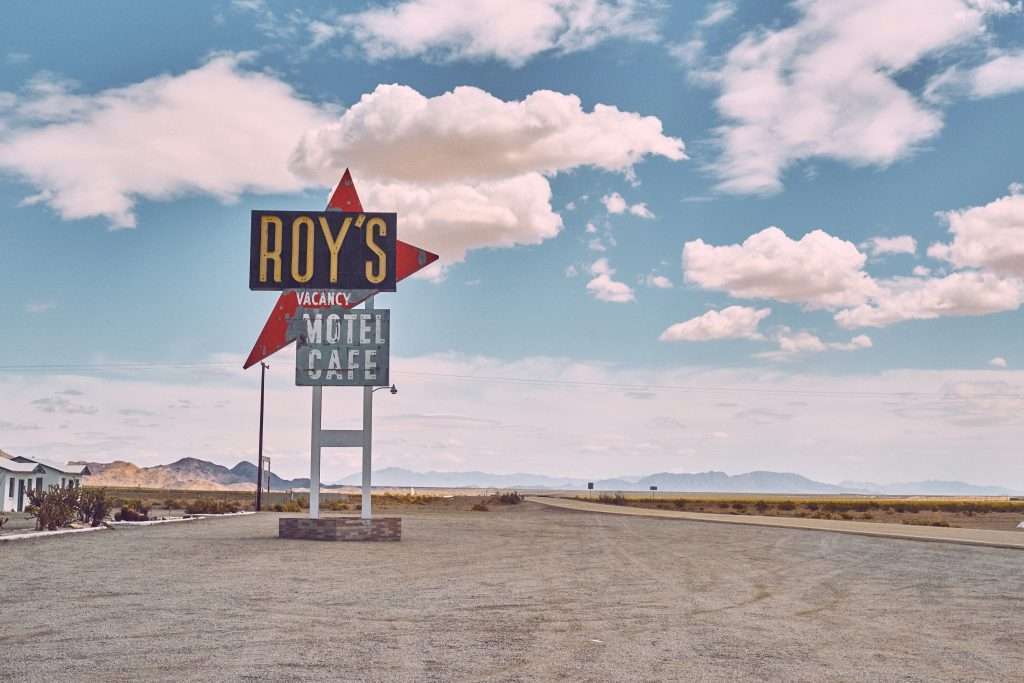
Building Codes
Regulations for Off-Grid Structures
While off-grid living is legal in Nevada, there are still regulations in place for the construction of off-grid structures. It is crucial for off-grid residents to familiarize themselves with these regulations and ensure compliance. Building codes for off-grid structures often include guidelines and standards for safety, structural integrity, and utility systems, ensuring that dwellings meet certain requirements for habitability.
Permits and Inspections
Obtaining the necessary permits and undergoing inspections is a crucial part of off-grid living in Nevada. Off-grid residents must adhere to the proper procedures and documentation required by local authorities. This ensures that their dwellings meet the necessary safety and construction standards and reduces the risk of legal challenges or penalties in the future.
Alternative Building Methods
Off-grid living often involves exploring alternative building methods that are sustainable, cost-effective, and environmentally friendly. In Nevada, off-grid residents may consider using methods such as straw bale construction, rammed earth construction, or recycled materials to build their homes. These methods not only provide unique aesthetic choices but also offer energy efficiency and durability in the challenging Nevada climate.
Energy Efficiency
Energy efficiency is a critical consideration for off-grid living in Nevada. Maximizing energy efficiency results in reduced reliance on off-grid power sources and lowers energy costs. When designing and constructing off-grid dwellings, incorporating energy-efficient practices such as proper insulation, utilizing renewable energy sources, and employing passive solar design principles can help minimize energy consumption and increase self-sufficiency.
Property Taxes
Implications for Off-Grid Living
Property taxes are an important consideration for off-grid residents in Nevada. While living off the grid can offer financial benefits, it is essential to understand the potential implications on property tax assessments. The assessed value of off-grid properties can be complex, considering factors such as the absence of certain utilities, alternative construction methods, and the use of renewable energy sources.
Tax Exemptions
Off-grid residents in Nevada may be eligible for certain tax exemptions or incentives. It is crucial to research and understand the available exemptions and benefits related to off-grid living. These exemptions may vary by county or municipality, but common examples include exemptions on certain renewable energy equipment, energy-efficient upgrades, or property tax reductions for off-grid properties.
Assessment Challenges
Assessing the value of off-grid properties can be challenging for tax authorities. The unique nature of off-grid living often requires a different approach to property evaluations. It is important for off-grid residents to be aware of the potential assessment challenges they may face. Keeping thorough records of property improvements, demonstrating the value of sustainable and self-sufficient features, and engaging in open communication with tax authorities can help mitigate assessment difficulties.
Taxpayer Benefits
While property taxes are an inevitable part of off-grid living, there may also be taxpayer benefits available to off-grid residents. Tax breaks, exemptions, or incentives related to energy efficiency, renewable energy installations, or sustainable living practices can reduce the overall tax burden. Understanding these benefits and actively pursuing them can result in financial advantages for those embracing the off-grid lifestyle in Nevada.

